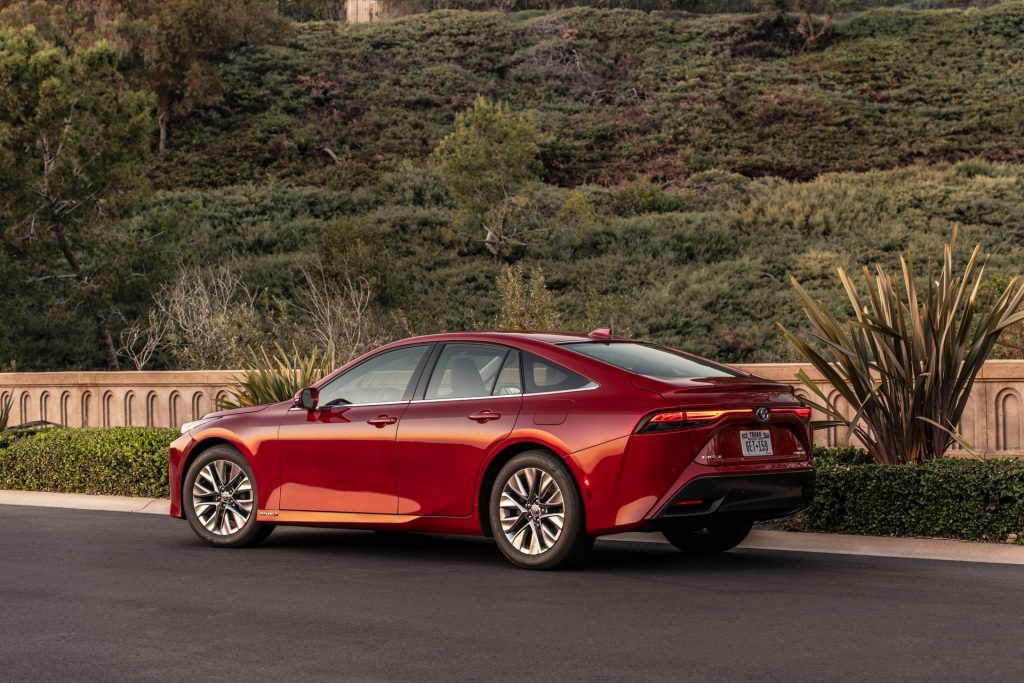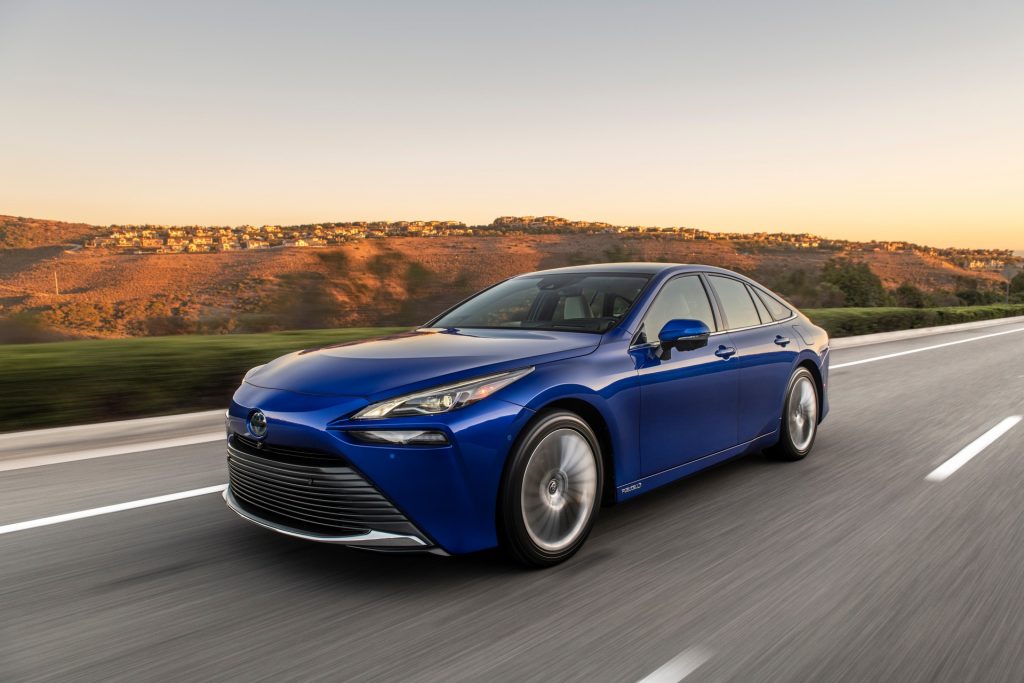While Toyota is increasing its focus on battery-electric vehicles under the leadership of new chief executive Kohi Sato, it still considers hydrogen an important alternative and will continue to invest in it.
While recently speaking at an endurance race last week, Sato said that Toyota will expand hydrogen infrastructure in the coming years. His comments came during the race when the carmaker had planned to compete in a hydrogen-fueled combustion variant of the Corolla before its plans were dashed because of a fuel leak during testing on March 8.
“We want to ensure that hydrogen stays a viable option,” Sato said. “We need a production and transport supply chain. Unless we see evolution there, we cannot expect a volume increase in the energy’s use.”

While Toyota will continue to invest in hydrogen, it says that it does not “have a very specific business goal” about how many hydrogen-powered models it will sell. Toyota had ramped up production of its fuel cells to 30,000 units a year following the launch of the second-generation Mirai in 2020 but it has only sold 21,700 examples of the first- and second-generation Mirai since December 2014.
Read: Toyota Is Now Using Mirai Hydrogen Tech To Power Its Factories
Sato told Auto News that hydrogen will play an important role in Toyota’s multipronged carbon neutrality goals. It is working with partners including Kawasaki Heavy Industries and Iwatani Corp on the hydrogen front and expects the number of hydrogen filling stations in Japan to grow from the current 160 to approximately 900 in 2030.
“We are making full-fledged efforts on everything,” Sato said. “It is important to remain flexible in order to tailor products and energies to different carbon neutral needs in different markets.”




